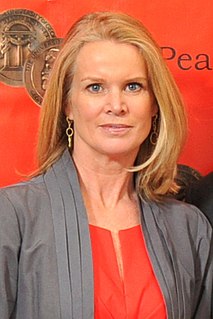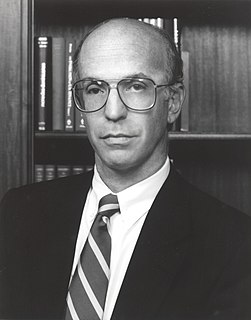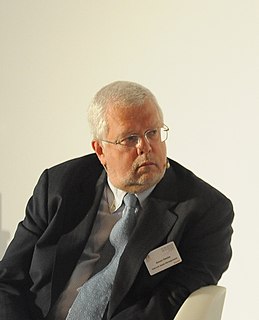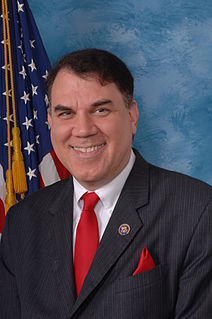A Quote by Franco Modigliani
People confuse economists and economic policy.
Quote Topics
Related Quotes
The problem with much of the debate over this issue is that we confuse two separate matters: immigration policy (how many people we admit) and immigrant policy (how we treat people who are already here). What our nation needs is a pro-immigrant policy of low immigration. A pro-immigrant policy of low immigration can reconcile America's traditional welcome for newcomers with the troubling consequences of today's mass immigration. It would enable us to be faithful and wise stewards of America's interests while also showing immigrants the respect they deserve as future Americans.
An overwhelming number of economists, international civil servants, and policy-makers argue that a fragmentation of the Eurozone would cause a new depression and massive wealth destruction around the world. It would also end the period of economic integration that has characterized world politics since the end of the Cold War.
It is often sadly remarked that the bad economists present their errors to the public better than the good economists present their truths. It is often complained that demagogues can be more plausible in putting forward economic nonsense from the platform than the honest men who try to show what is wrong with it.



































